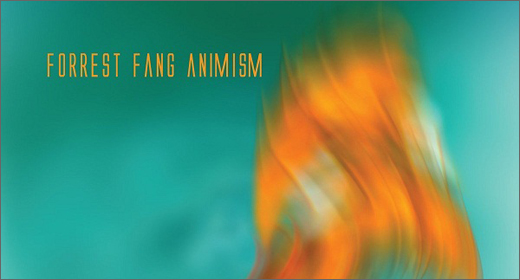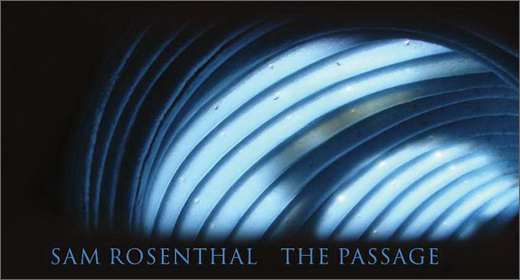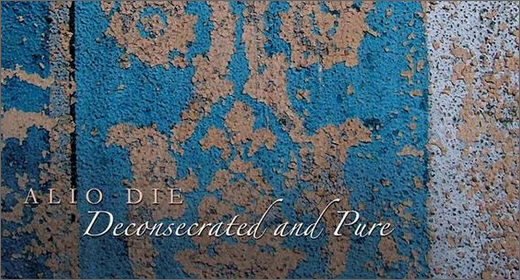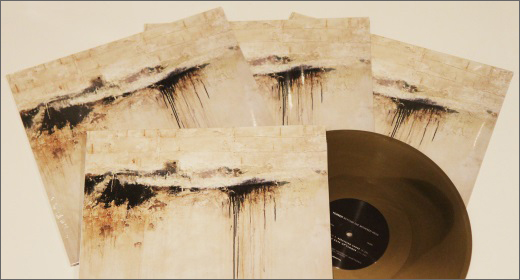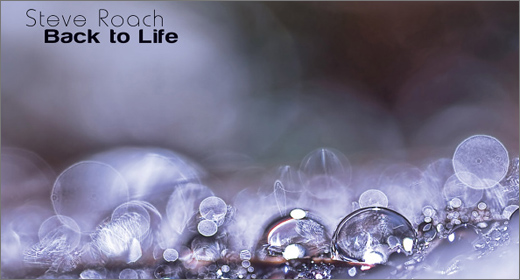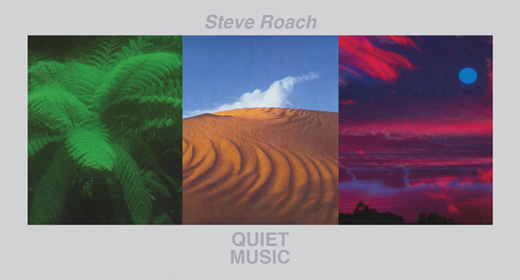In his seamless marriage of acoustic and electronic, Fang speaks a whole other language of ambient, fluently through golden syrup.
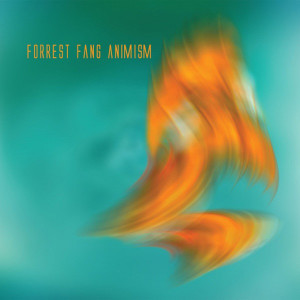 Forrest Fang returns to the magic realist blend of electronics and non-Western instruments that made mid-nineties releases such as The Blind Messenger and Folklore rich, abiding classics. Often tuning up Chinese heritage instruments, here he also reaches out for Turkish, Vietnamese, and South American instruments, mostly stringed, and a fretless hybrid called the Marxolin. In his seamless marriage of acoustic and electronic, Fang speaks a whole other language of ambient, fluently through golden syrup.
Forrest Fang returns to the magic realist blend of electronics and non-Western instruments that made mid-nineties releases such as The Blind Messenger and Folklore rich, abiding classics. Often tuning up Chinese heritage instruments, here he also reaches out for Turkish, Vietnamese, and South American instruments, mostly stringed, and a fretless hybrid called the Marxolin. In his seamless marriage of acoustic and electronic, Fang speaks a whole other language of ambient, fluently through golden syrup.
As enveloping as it is, Fang’s music always seems to move and his mystical physics means that as soon as you’ve crossed an arched, Japanese footbridge, you’re on a path through the Carpathians, and after blinking your eyes to adjust to the light, open them on a ferry crossing the Straits of Magellan.
The gentle, woody percussion of “Tailing Wind” carries for miles across flashing, pewter waters. “The Chameleon’s Paintbox” erects a Taj Mahal from the ground up in the middle of the desert with a simoom of strings. Gongs lightly struck seed “Islands in the Sky” that proceed to raindance. They recede, having conjured “Evening Chorus,” a spiritual descendant of Brian Eno’s On Land music and one of the single most beautiful ambient tracks by anyone in years.
The second half of the album rises with “Passing Suns,” the second-most beautiful ambient track by anyone in years, muted trumpet-like tones flaring and curlicuing from the surface of each in succession. “A Tributary Unwinds” through reedy woodwinds and gets caught up eddies of percussion clad in swamp gas, but goes down with a beatific violin flourish. “Sleeping Snakes” in the grass turn to stars before our ears. Wherever “Resting Point” left you in particular, you watch exalted as the vessel that brought you departs and shears off over the horizon.
One perfect hour.
Animism is available on Projekt.






